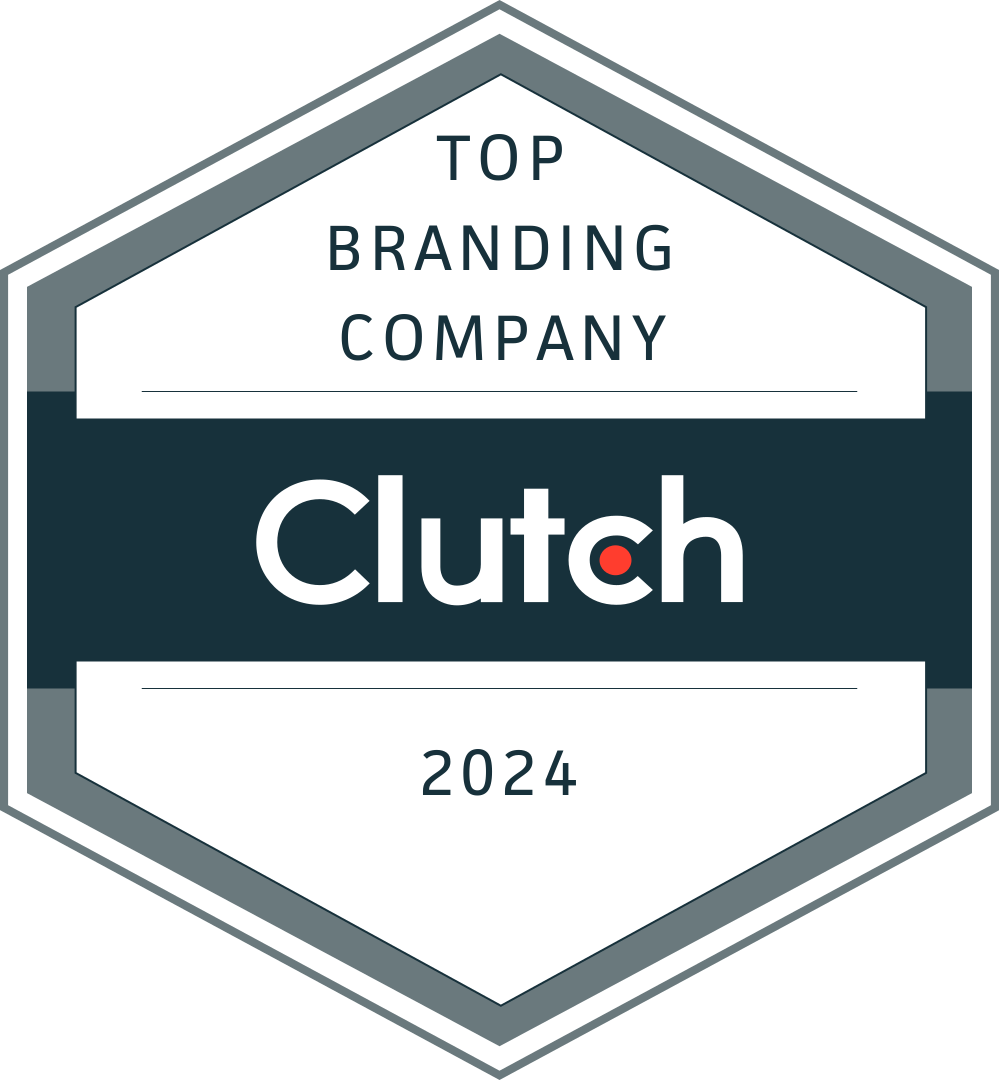New York, NY (October 31, 2014) – Original article at: Business Observer
There is no product more of a commodity than salt, which is a simple chemical compound. Morton Salt, which is celebrating its 100th birthday this year, created the Morton Salt Girl along with the tagline “When It Rains It Pours.” It then launched it in a national advertising campaign to illustrate that Morton Salt would flow freely even in damp weather. Morton became a brand and enjoyed preference and premium pricing over all other salt products for 100 years.
Despite being in a highly creative business, there was a point where we were perceived to be a commodity. Years ago I owned a firm in the creative services industry, which was exciting except there were so many other creative service firms that we were perceived as one of many vendors.
To generate business, we were forced to go hat in hand to prospective clients seeking any work available rather than to pitch areas where we excelled. We were sure that our work was as good if not better than any competitor, but the perception others had of us was our reality.
The result of being a commodity is a downward pressure on pricing until you can no longer make a profit. When we did land a piece of business, the fee was so low I didn’t feel like being very creative. When this happens, you must find a way to leverage your talents and build on your strengths to improve the price and perception of your firm.
Create the strategy
When we were perceived to be a commodity, I determined to do three things: 1) I wanted to break out of the perception of being a local business; 2) I wanted our services to be in demand on a global basis; 3) I wanted to charge a premium price for our creativity. In pursuing this strategy, I learned the following lessons:
Find your expertise
Find something that you really love within the field you have chosen because you love it. I chose advertising because I loved the field. I chose corporate branding because I felt that I could really move mountains by helping CEOs brand their company.
Become an expert
I really knew my business, but not everyone knew that I knew my business. When my first book was published I instantly had expert credentials in my field because…I wrote the book. This was a turning point in my career.
Change quickly
Changes begin immediately when you develop the strategy because you begin to think differently about everything from your sales pitch to your own personal brand. After the book is published, a total internal transformation happened, and within three years we had completely changed our model for business. You should be able to see progress toward your goals within six months from the time you begin to implement the plan.
Measure progress
It is hard to see progress when you are embroiled in the day-to-day battle to succeed. But if you look back over your successes periodically (every six months) you should be able to see a pattern of growth that cannot be denied. Benchmarking where you are consistently through research or other specific measures will tell you how far you’ve come over that time. The most obvious benchmark is revenue, but you can also benchmark the number of times your company is mentioned in the media, or the number of employees hired, new customers, or more conventional research among key constituencies. Take the time to reflect and to celebrate your progress.
Stay the course
There are a thousand reasons to back off a strategy. It is often easier to retrench to the old ways of doing business simply because they are familiar. But, you will never achieve the levels of success that staying on the new course will give you.
Leverage your success
Make sure that achieving your goals leads to new goals. When I wrote my first book, it was the accomplishment of a huge goal. I could have coasted for years, but instead I saw that it opened up new business opportunities that I had not previously expected. I immediately started my second book. Taking advantage of your accomplishments is as important as achieving them.
Create an expectation
Being an expert creates an expectation. It’s not always what you are expert in that helps your business grow. Sometimes its just being the best in your particular area that leads to other opportunities. For example, we have a particular expertise in measuring ROI for advertising. Quite often we get unrelated assignments simply because we understand ROI. People make their own connections and rationale for hiring you, but you need to be ready to move when called upon.
Never rest on your laurels
With The Morton Girl now 100 years old, the company has announced plans to reinvigorate the brand. It has done so carefully and with great respect to its heritage, but its focus is on the next 100 years. To see how, visit its anniversary website: mortonsaltgirl100.com.
